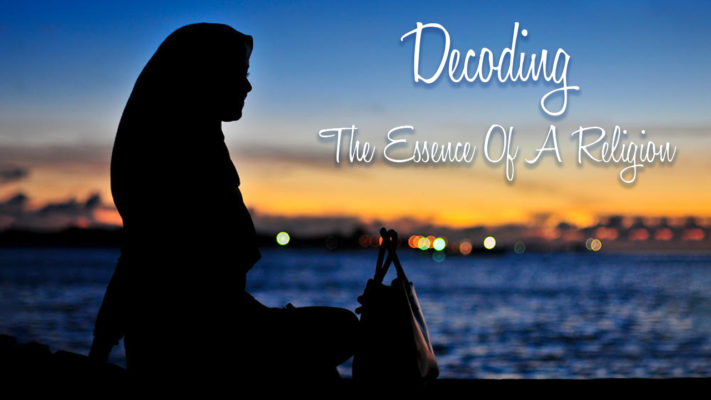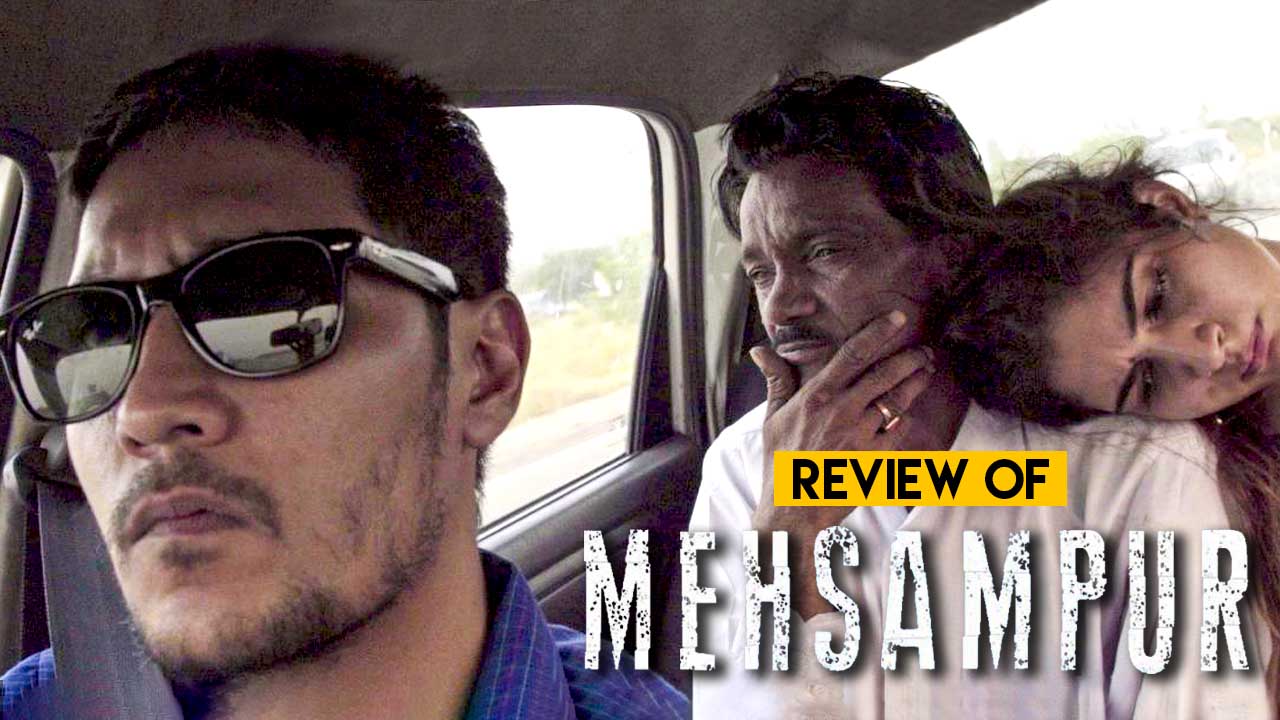
Understanding Islamophobia
Islamophobia as a phenomenon has increased exponentially across the world, visible especially amongst the western nations. It gained momentum after the 9-11 attacks in the United States on the World Trade Centre perpetrated by a radical Muslim group called the Al-Qaeda. According to a survey conducted by the Pew research organisation, 48% of all Muslims living in the United States claimed to be a victim of hate crimes. (For the research methodology used, click here)
These numbers are staggering and incredibly worrying. This generalised hatred towards an entire sect is an issue that needs to be addressed.
Islamophobia loosely defined is the hatred towards or the fear of all people practising the religion of Islam, which is manifested as discrimination, prejudice or violence either politically or socially.
Islamophobia In India
Although the term Islamophobia is not popularly used in India, hatred and violence based on religious reasons has long existed since the days of freedom struggle against the Colonials. Apparent lack of inclusion and representation in the independent political parties, then emerging, invoked diverging identities and beliefs. The partition took a toll of over a million lives in religious disputes. The Bhagalpur riots of 1989, (that caused the death of 900-1000 Muslims), the 2002 Gujarat violent incidents (claiming lives of 750 Muslims), the current Kashmir conflict have all been massive manifestations of the tensions that exist between the practitioners of the two religions.
The Why?
Although early forms of Islamophobia seem to have emerged from the threat to the other Abrahamic religions due to its growth and popularity, its arguable inception began with the rise in terrorist attacks, where the perpetrators cited Islamic reasons for their crimes. Adding to this are the data made available by United Nations whose updated targeted sanction list of 2017 imposed sanctions on 84 entities/groups out of which 73 are Islamic (view source). Other examples used by the Islam critics or ‘the phobes’ include citations of several verses from the Qur’an that exhort violence and murder against the non-believers. Majority of the Islamic countries endorse limited to no free speech, death penalty enforced on apostasy, blasphemy and homosexuality; decreased number of women’s rights and severe human rights violations, unequal testimony between men and women, amputations etc. Even UAE, considered to be one of the most progressive among the Islamic states, makes it legally possible for men to “discipline their wives and children, including the use of physical violence”.
The Counter
The other side of the argument points out that even Judeo-Christian beliefs or Hindu values and most other religions have cost lives in the past and at some point advocated tasks or activities that are considered ethically or legally wrong today. Instances like the Sati practice, Crusaders attacks on Jews in the 12/13th century, Lord’s resistance army in Uganda, honour killings and caste-based violence among the Hindu community, bombings and attacks on abortion clinics by the Christian extremists in the U.S.A are a few of them. And while ‘the phobes’ agree, they insist that other religious practices have grown out of their scriptures and have reformed as centuries passed, mostly by separating the religious law from the state. But, Islam seems to be the biggest religion that is increasingly fundamentalist and has witnessed movements to restore it back to “(its) original purity”.
Another issue is the affiliation of the entire belief system, the religion, to a few “imperfect practitioners”, individuals who misinterpret verses and take them out of context to incite violence and hatred and should indeed be punished. But, the entire religion and its values cannot be held accountable. The sheer numbers suggest that Islam seems to be an awfully misinterpretable religion.
(4:89) sūrat l-nisāa

They wish you would disbelieve as they disbelieved so you would be alike. So do not take from among them allies until they emigrate for the cause of Allah. But if they turn away, then seize them and kill them wherever you find them and take not from among them any ally or helper.
(2:191) sūrat l-baqarah or surah al-baqarah

And kill them wherever you overtake them and expel them from wherever they have expelled you, and fitnah is worse than killing. And do not fight them at al-Masjid al- îaram until they fight you there. But if they fight you, then kill them. Such is the recompense of the disbelievers.
The Answer?

These arguments have been and are still causing friction in non-homogenous societies and are facilitated as intellectual discourse. Being on either side of the argument seeks to only lengthen it and the practicality of thoughts so promoted is almost nil. Asserting that an entire religion and therefore almost a quarter of humanity is averted to peace is not only illogical but also doesn’t serve any means. Reiterating these claims is to fight on the same side that one is seemingly against hatred and violence.
Holding a faith and a part of its believers accountable is not a solution and neither is protecting Islam by dismissing all its criticisms as Islamophobic and racist (which is absurdity as Muslims are not a race). Such arguments and battles over who the real victim is, only succeed in widening differences and stray us away from the larger initial issue we are all battling: terrorism. Understanding and equipping both sides might lead us on to a path that belief nurtures: peace.














